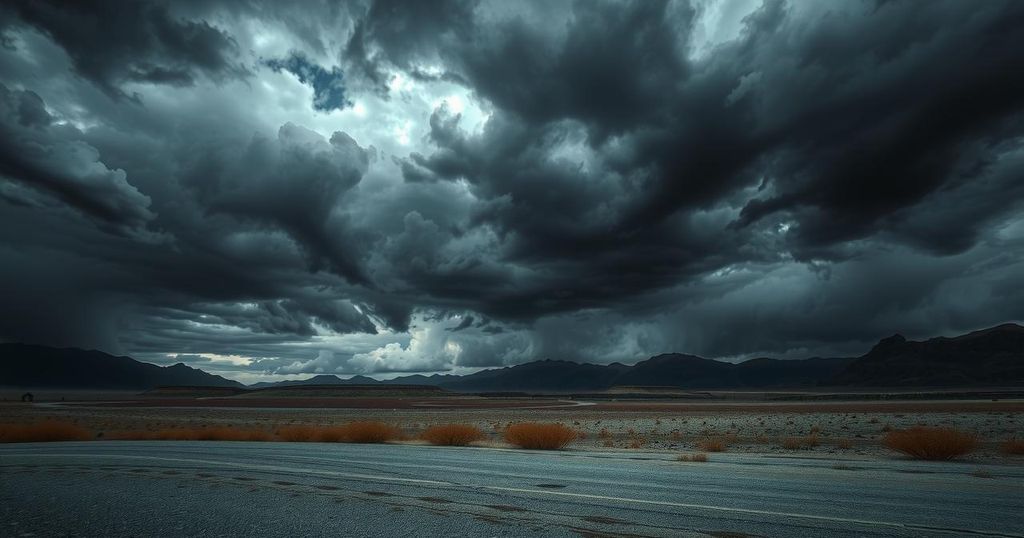The political crisis in South Sudan has escalated with the arrest of three SPLM-IO leaders, including the oil minister. This situation represents heightened tensions in the transitional unity government established after a civil war. Observers note possible implications for the government’s stability, influenced by ongoing ethnic rivalries.
The ongoing political crisis in South Sudan has intensified with the arrest of three prominent politicians from the SPLM-IO, a member of the unity government. This confirmation stems from a spokesperson of the party and includes the arrest of the oil minister. This situation marks a peak in the long-standing tensions that have plagued the transitional unity government since its formation.
South Sudan, which gained independence in 2011, established its transitional government in 2020 as a peaceful resolution to years of civil conflict. Under this arrangement, President Salva Kiir Mayardit appointed Riek Machar, the SPLM-IO leader and his previous rival, as Vice President. While elections were initially scheduled for December 2024, those plans have since been rescinded.
Recent media reports indicate that security forces have encircled Vice President Machar’s residence, suggesting a potential removal of factions within the unity government. Although no official justification was provided for the arrests, fighting between government forces and a militia from the Nuer ethnic group has escalated in the White Nile state.
This militia recently captured a key border town from Ethiopia, highlighting the deeply rooted political tensions in South Sudan that often manifest along ethnic lines, particularly between the Dinka ethnic group, to which President Kiir belongs, and the Nuer, the ethnic group affiliated with Machar.
The political landscape in South Sudan is increasingly volatile following the arrests of SPLM-IO leaders, including the oil minister. These developments reflect ongoing ethnic tensions between the Nuer and Dinka groups, further complicated by the historical context of civil war and failed electoral timelines. Observers point to a growing threat to the stability of the transitional government that was established to foster peace in the region.
Original Source: www.bluewin.ch




